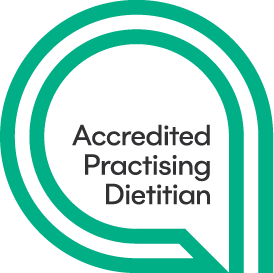In 2013, The Adventist Health Study 2 compared five dietary patterns (including non-vegetarian, semi-vegetarian, pescatarian, vegetarian & vegan) among 96,000 participants. Their findings were that the more plant-based the diet was, the greater the benefits, like a healthier body weight, insulin, & blood pressure, lower inflammation levels and lower levels of blood cholesterol. This also extended to a reduced risk for heart disease, cancer, type 2 diabetes & risk of mortality (death). Environmental benefits were also mentioned- Vegetarians had a 28% lower carbon footprint than non-vegetarians and vegans had a staggering 42% lower carbon footprint!
Associations in the study for increased mortality (death) included high glycemic load foods, meat, red meat, processed meat, eggs, potatoes, increased energy intake, and animal-based low carbohydrate diets. The Adventist Health Study also found that those who ate no meat or fish had approximately half the risk of developing type 2 diabetes than non-vegetarians.
Another significant study on vegetarian diets – The Lifestyle Heart trial by Dr Dean Ornish found that 82% of patients who were diagnosed with heart disease & followed his program had some regression of their atherosclerosis in their arteries.
Other highlighted benefits of eating plant-based were reducing the number of medications, lowering body weight, a decreased risk of cancer, and a reduction in their risk of death from ischemic heart disease.
The Nurses’ health Study (including over 92,000 women) and The Men’s Health Professional Follow up Study (including over 43,000 men) found that the higher intake of plants that scored high on the plant diet index (wholegrains, fruits, vegetables, wholegrains, nuts, legumes, tea & coffee) was associated with a lower cardiovascular heart disease risk but a high intake of plants that scored low on the plant index called reverse scores (fruit juices, refined grains, potatoes (mainly from potato chips and French fries), sugar sweetened beverages resulted in increased risk for cardiovascular heart disease (CHD) risk. All animal products (dairy, eggs, meat, fish, other animal-based foods) resulted in reversed scores, therefore increasing the risk of CHD.

References
About Adventist Health Study-2. Loma Linda University School of Public Health website. http://www.llu.edu/public-health/health/about.page?. Accessed November 20th, 2020.
Orlich MJ, Singh PN, Sabaté J, et al. Vegetarian dietary patterns and mortality in Adventist Health Study 2. JAMA Intern Med. 2013;173(13):1230-1238.
Tuso, P. J., Ismail, M. H., Ha, B. P., & Bartolotto, C. (2013). Nutritional update for physicians: Plant-based diets. The Permanente Journal, 17(2), 61-66. doi: http://dx.doi.org/10.7812/TPP/12-085
Satija, A., Bhupathiraju, S. N., Spiegelman, D., Chiuve, S. E., Manson, J. E., Willett, W., Hu, F. B. (2017). Healthful and unhealthful plant-based diets and the risk of coronary heart disease in U.S. adults. Journal of the American College of Cardiology, 70(4), 411-422. doi: http://dx.doi.org/10.1016/j.jacc.2017.05.047






